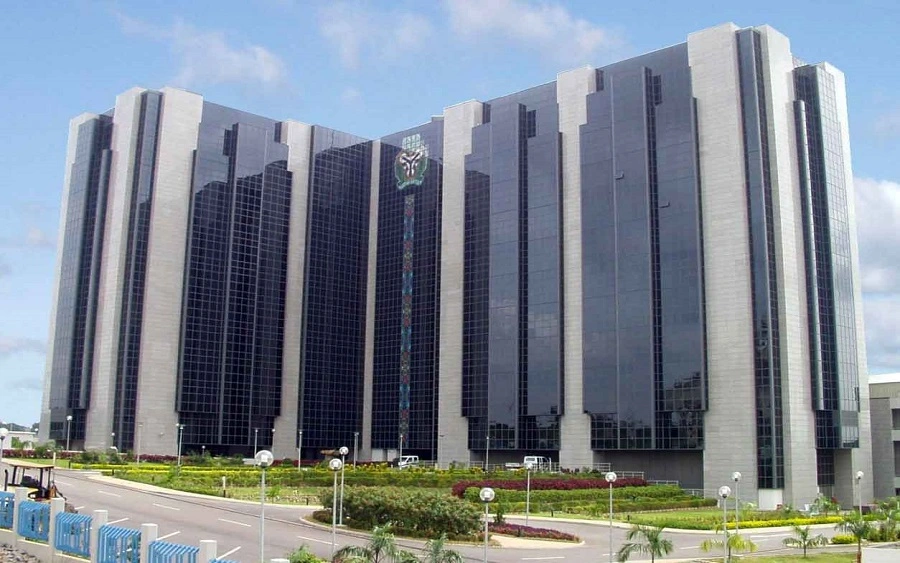The Central Bank of Nigeria (CBN) on October 12, 2023, made an announcement regarding the elimination of long-standing foreign exchange restrictions that had been applied to the importation of 43 specific items.
This announcement comes nine years after the CBN under former Governor, Godwin Emefiele placed restriction on access the items to conserve scarce foreign exchange and also give an advantage to local production of the items.
According to the CBN in the change in policy holds significant implications for both the Nigerian economy and the foreign exchange market.
In 2015, the CBN introduced Circular TED/FEM/FPC/GN/01/010, which initially identified 41 product categories as ineligible for FOREX allocation in the Nigerian Foreign Exchange market. Over the subsequent years, two more product categories were added, bringing the total to 43 restricted items. The primary objective of these restrictions was to decrease the demand for foreign exchange related to items that could be locally produced, thereby fostering employment opportunities and preserving foreign reserves.
Contrary to the idea that the apex bank banned the said items, the CBN said the restricted items were not banned from being imported, rather, importers were prohibited from accessing official FOREX markets to acquire foreign currency for these specific products.
The CBN said it had considered several key reasons in its decision to lift the restrictions on the 43 items. It noted that the restrictions had unintentionally pushed importers toward the parallel market, resulting in an oversupply of demand for foreign exchange. This, in turn, weakened the exchange rate in the parallel market and contributed to rising prices.
The CBN aims to establish a more organized and professionally conducted Nigerian Foreign Exchange Market, allowing market forces to determine exchange rates based on a “Willing Buyer – Willing Seller” principle.
The CBN strives to create a unified FOREX market with transparent pricing and flexibility.
The central bank is committed to ensuring price stability and enhancing liquidity in the Nigerian Foreign Exchange Market, which is expected to alleviate market distortions over time.
The apex bank noted that the lifting is expected to have the following implications in the economy. Monetary policy tools will become more effective with a unified, well-functioning FOREX market, aligning with the CBN’s core functions and mandates.
A “Willing Buyer – Willing Seller” system will enable the exchange rate to adjust naturally, clearing the market and maintaining a consistent supply. This is essential for resolving the increasing gap between the official rate and the parallel market rate.
Importers of the affected products will no longer be dependent on the parallel market, reducing pressure on the naira and promoting exchange rate stability. The previous FX restrictions had led to inflationary pressures, causing prices of restricted goods to increase.
The decision is also expected to benefit local production as cheaper imported inputs will benefit local production, ultimately leading to more affordable retail products for consumers. The policy is conducive to a unified FOREX market and is expected to have a positive impact on inflation. The removal of restrictions is likely to stimulate employment generation as previously closed factories reopen, leading to enhanced price stability and an overall improved standard of living.
This momentous decision by the CBN is set to reshape the dynamics of the Nigerian foreign exchange market and contribute to the country’s economic growth.





